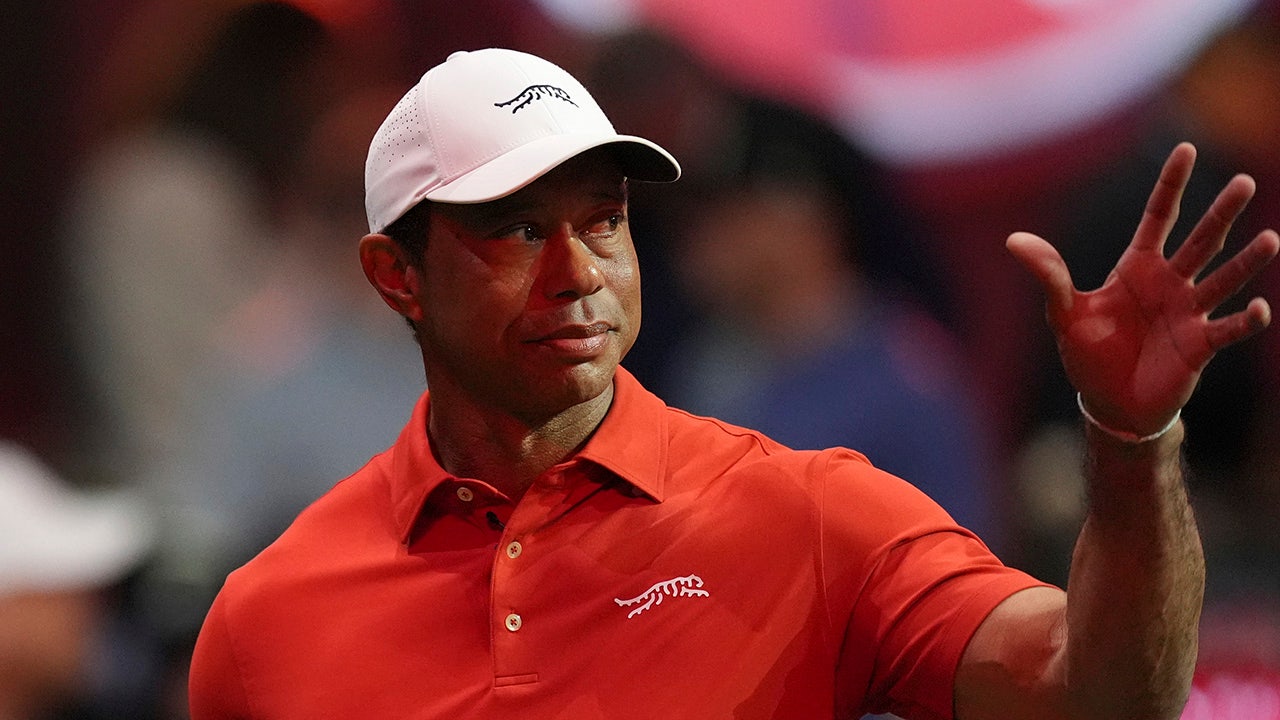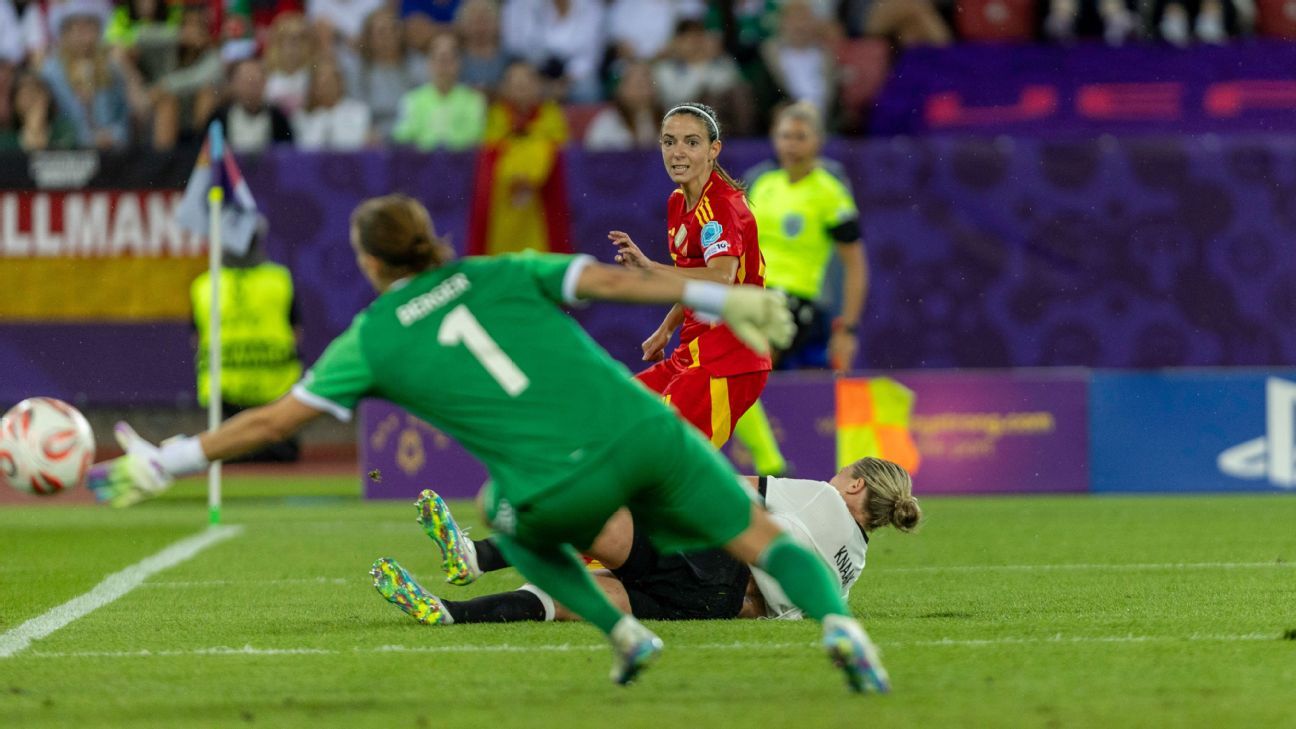Tiger Woods Steps Back: The Impact of Grief on Professional Athletes
In a poignant turn of events, Tiger Woods has made the difficult decision to withdraw from the Genesis Invitational, citing the recent loss of his mother, Kultida Woods. This heartbreaking news has resonated deeply within the sporting community, highlighting how personal grief can profoundly affect professional athletes and their commitments. The world of sports often emphasizes resilience, strength, and unwavering focus, yet the reality is that behind every athlete are personal lives filled with joys, struggles, and, at times, devastating loss.
The Weight of Loss: Understanding Tiger’s Decision
Tiger Woods’ career has been marked by incredible highs and equally challenging lows. The relationship he had with his mother was pivotal, shaping not only his character but also his professional journey. Kultida Woods was not just a parent; she was a mentor and a driving force behind Tiger’s early success in golf. She instilled in him the values of hard work, determination, and humility, guiding him through the complexities of fame and competition.
When Tiger announced his withdrawal, it wasn’t merely a statement; it was a reflection of the emotional toll that losing a parent can take, even on someone as accomplished as he is. Grief is a universal experience, yet each individual’s journey through it is unique. For athletes like Woods, the spotlight can intensify these feelings, leading to a public discourse on how personal and professional lives intertwine.
The Emotional Toll of Grief in Sports
Grief can manifest in various ways, impacting mental health, focus, and overall performance. For professional athletes, the pressure to perform can clash with the need to process deep emotional pain. Here are some ways in which grief can affect athletes:
- Concentration and Focus: The mental strain of coping with loss can lead to distractions during competition, affecting performance.
- Physical Well-Being: Emotional turmoil can lead to physical symptoms, such as fatigue or lack of motivation to train.
- Public Scrutiny: Athletes often face media pressure, which can exacerbate feelings of isolation during difficult times.
- Support Systems: The importance of a strong support network cannot be overstated. Friends, family, and mental health professionals can provide crucial support during these times.
In Tiger’s case, stepping back from a high-profile event like the Genesis Invitational speaks volumes about prioritizing mental health and emotional well-being over professional obligations. It’s a reminder that even the most celebrated athletes are human and experience profound grief just like anyone else.
The Role of Community and Support
In the wake of such tragedies, community support plays a critical role. The sports community, including fans, fellow athletes, and organizations, often rallies around those in mourning. This solidarity can help provide comfort and remind grieving individuals that they are not alone in their pain.
For instance, when Tiger shared the news of his mother’s passing, a wave of condolences poured in from various corners of the sports world. This collective empathy serves as a powerful reminder of the bonds forged through shared experiences, both joyous and sorrowful. Athletes often find solace in knowing that their struggles resonate with others, creating a sense of belonging even in times of profound loss.
Lessons from Tiger’s Experience
Tiger Woods’ decision to step back from competition offers several important lessons, not just for athletes but for everyone navigating grief:
- Prioritize Your Well-Being: It’s essential to acknowledge personal pain and give oneself permission to grieve. Taking a step back can be a vital part of healing.
- Communicate Openly: Sharing feelings with trusted friends or professionals can alleviate the burden of grief. Open communication fosters understanding and support.
- Seek Professional Help: Mental health professionals can provide strategies to cope with grief effectively, offering tools to navigate overwhelming emotions.
- Embrace Vulnerability: Recognizing that vulnerability is a strength can help break the stigma surrounding mental health in sports and beyond.
The Path Ahead: Tiger’s Resilience
As Tiger Woods processes his grief, it’s important to remember his remarkable resilience. Throughout his career, he has faced numerous challenges, from injuries to personal setbacks, yet he has consistently demonstrated an ability to rise again. His stay away from the course is not a sign of weakness but rather a testament to his commitment to healing and honoring his mother’s legacy.
Looking ahead, Tiger will undoubtedly return to the game that has defined much of his life. His journey through grief will shape his perspective, potentially leading to a renewed sense of purpose both on and off the course. Fans and fellow athletes alike will be there to support him, just as he has supported others through their own challenges.
A Lasting Legacy
Kultida Woods’ legacy will live on through Tiger and his achievements. She played a crucial role in shaping the man and athlete he has become. In honoring her memory, Tiger can reflect on the values she instilled in him: perseverance, integrity, and passion for the game. Her influence is woven into the fabric of his identity, and as he navigates this difficult time, those teachings will guide him.
Conclusion: A Time for Reflection
Tiger Woods’ decision to step back from the Genesis Invitational after his mother’s passing serves as a poignant reminder of the complexities of life. It underscores the importance of recognizing and addressing personal grief, especially in the high-pressure world of professional sports. This moment invites us all to reflect on our own lives, the relationships we cherish, and the significance of taking time to grieve and heal.
As fans and observers, let us extend our support and understanding to Tiger and all athletes facing similar circumstances. In doing so, we honor not only their journeys but also the profound human experience that connects us all.
See more Sky News Portal



